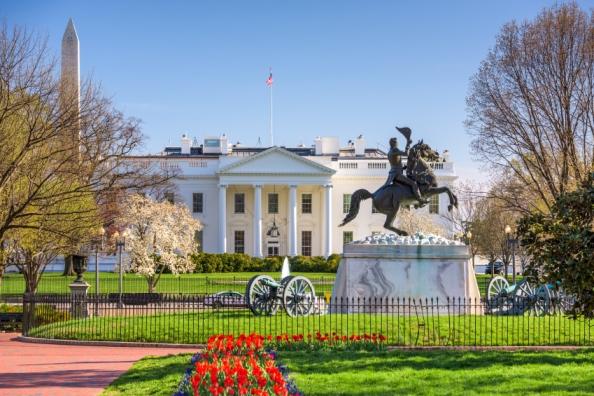The Obama administration announced today that because the president's request for $1.9 billion in emergency funding has stalled in Congress, it will shift $589 million, most of it from Ebola resources, toward critical activities such as controlling mosquitoes, building lab capacity, and developing vaccines and diagnostic tests.
President Obama first asked for the emergency funding on Feb 8, and members of Congress have balked at the $1.9 billion request, demanding that the administration tap unused Ebola money. The president's formal request for funds to help with the international and domestic responses on Feb 22 said there was flexibility on the use of remaining Ebola money.
On the sidelines of an Apr 1 Zika summit to help state and local public health officials build or fine-tune their Zika action plans, health officials pleaded with Congress to approve the funds, warning that the funding gap and a raid of Ebola funds would undermine the response to both threats.
Shift meant to be temporary
At a media telebriefing today, Shaun Donovan, director of the Office of Management and Budget (OMB), said the shift in funding doesn't change the amount of Obama's emergency request, which would eventually replace the shifted Ebola funds. "The $1.9 billion request remains a $1.9 billion request," he said.
The Zika threat has evolved rapidly since Obama's original request, Donovan said, with sexual transmission of the virus occurring more commonly than thought, the severe impact on fetal brain development becoming clearer, and the projected geographical range of Aedes aegypti mosquitoes—which transmit the virus—exceeding earlier estimates.
Of the $589 million earmarked for the shift to the Zika emergency response, $510 million that can be quickly transferred from existing funds in the Department of Health and Human Services (HHS) and the State Department, which includes the United States Agency for International Development (USAID).
Donovan said though the administration has signaled that it was open to using a portion of Ebola money for Zika activities, the reallocated funds are not enough to address the response to the significant threat posed by the mosquito-borne disease and its complications. He called the move a temporary fix until Congress acts on the emergency request.
Funding gap impacts
Many actions that need to start ahead of warmer weather and more active mosquito activity, such as mosquito surveillance and ramping up lab capacity, are being curtailed or delayed without the funding, Donovan said. Without the full supplemental funding, the CDC won't be able to fully fund the state emergency preparedness grants that health officials need to implement their Zika plans, he added.
HHS Secretary Sylvia Burwell said recent Ebola flare-ups in Guinea and Liberia, where more than 1,000 contacts are currently under monitoring and a ring vaccination strategy has been deployed, underscore the point that the US role in the Ebola response isn't over. "We can't set one crisis aside for another," she said.
She said work is already under way at the HHS Biomedical Advanced Research Development Authority (BARDA) and the Assistant Secretary for Preparedness and Response (ASPR) on vaccines and diagnostic tests, but industry partners involved in the efforts need to know that the government has the funds to support the projects.
"We know the steps we need to take, and we need to take them now," Burwell said.
Brazil's microcephaly total grows
In its weekly update yesterday Brazil's health ministry reported 130 more suspected microcephaly cases, putting the overall number still under investigation at 4,046, according to a statement translated and posted by Avian Flu Diary.
Health officials confirmed 102 of the earlier suspected cases, lifting that total to 1,046. Investigators also ruled out 273 of the earlier suspected microcephaly cases.
Avian Flu Diary said the weekly number of new suspected cases seems to have declined some over the past few weeks, for reasons that aren't clear but could include a tighter microcephaly case definition.
See also:
Apr 6 White House blog post
Apr 1 CIDRAP News story "CDC Zika summit draws attention to preparedness, need for emergency funds"
Apr 6 Avian Flu Diary post


















